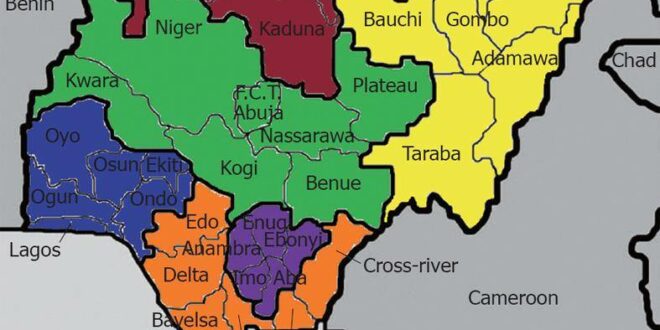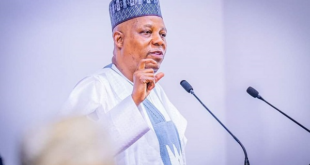The World Bank has recently released a Food Security report highlighting the alarming situation of seven states across the North-west and North-east regions of Nigeria that are at risk of facing a severe food crisis in 2024.
The report attributes this impending crisis to ongoing insecurity, armed conflicts, and worsening livelihood conditions within Nigeria.
The states most at risk, according to the report, are Borno, Adamawa, Kaduna, Katsina, Yobe, Sokoto, and Zamfara.
These states are projected to experience a crisis food security level (IPC Phase 3) due to persistent insecurity and armed conflict, which has led to deteriorating living conditions.
Beyond Nigeria, other countries in the West African region, such as Burkina Faso, Chad, and Niger, will also experience varying degrees of food insecurity.
The World Bank report further states that areas in Northeastern states such as Abadam, Bama, Guzamala, and Marte will experience emergency food security levels (IPC Phase 4) due to limited household food stock and access to market and humanitarian aid.
The report also highlights the global impact of food price inflation, noting that over 63.2% of low-income countries have experienced inflation levels exceeding 5%, marking a 1.3%-point increase compared to the previous food update in January 2023.
In lower-middle-income countries, 73.9% saw inflation levels exceeding 5%, while 48% of upper-middle-income countries maintained similar percentages as the last update, with no changes recorded.
In Nigeria, food inflation has reached over 33%, according to the latest CPI report from the National Bureau of Statistics (NBS).
This alarming figure has led the Food and Agricultural Organization (FAO) to warn that around 5 million Nigerians will be at risk of hunger in 2024.
The United Nations (UN) has also reported that since the onset of the 2020 COVID-19 pandemic, approximately 78% of Africans have been unable to afford a nutritious diet.
In response to this growing crisis, President Tinubu declared a food insecurity emergency in Nigeria in July 2023 and moved the issue to the National Security Council.
However, the impact of this move has been limited, as food prices continue to surge.
The World Bank report underscores the urgent need for a comprehensive and effective response to the food crisis in Nigeria and the broader West African region.
Failure to address this issue could result in severe consequences for millions of people in the affected areas.
Subscribe to the Advocate News letter and receive news updates daily in your inbox.
 Advocate.ng Latest news update on politics, entertainment, sport and more
Advocate.ng Latest news update on politics, entertainment, sport and more




